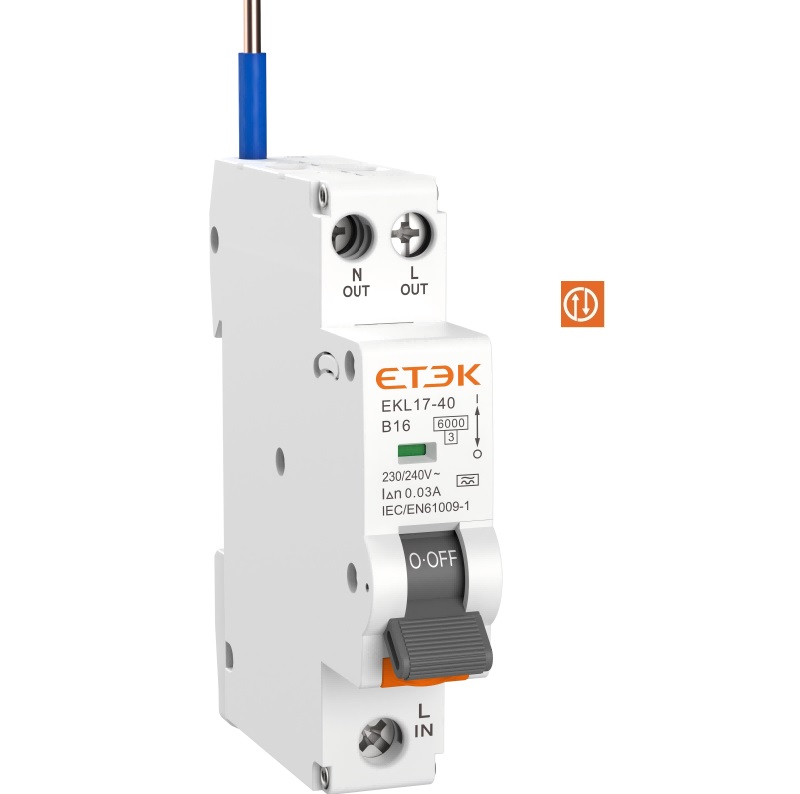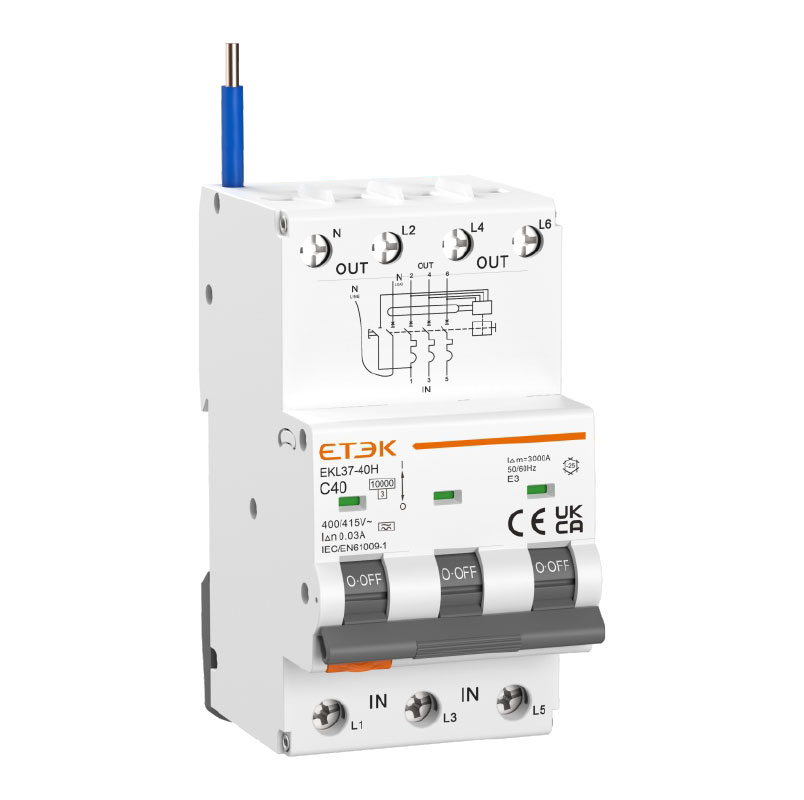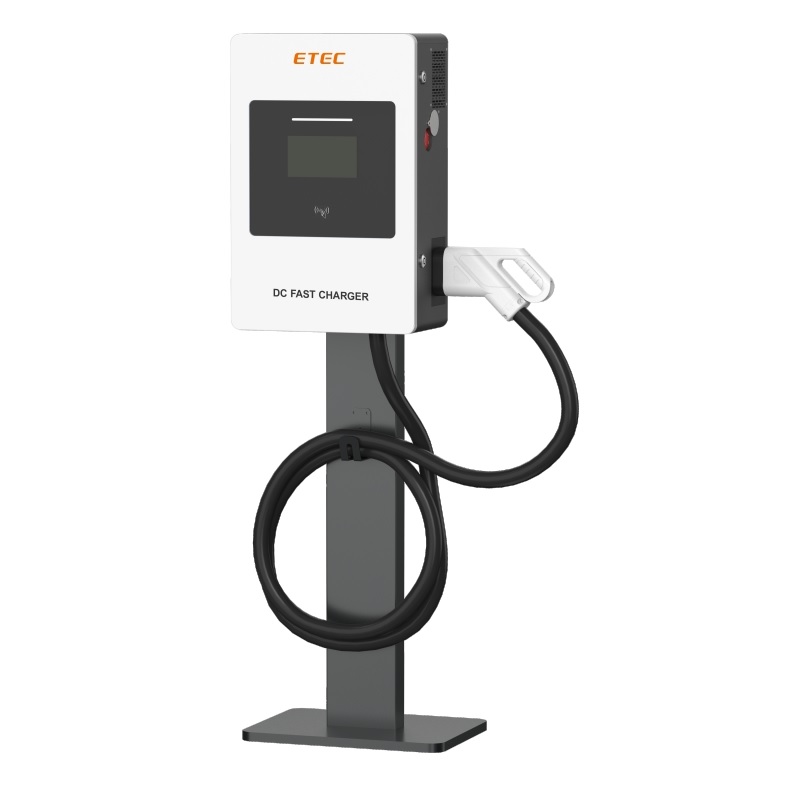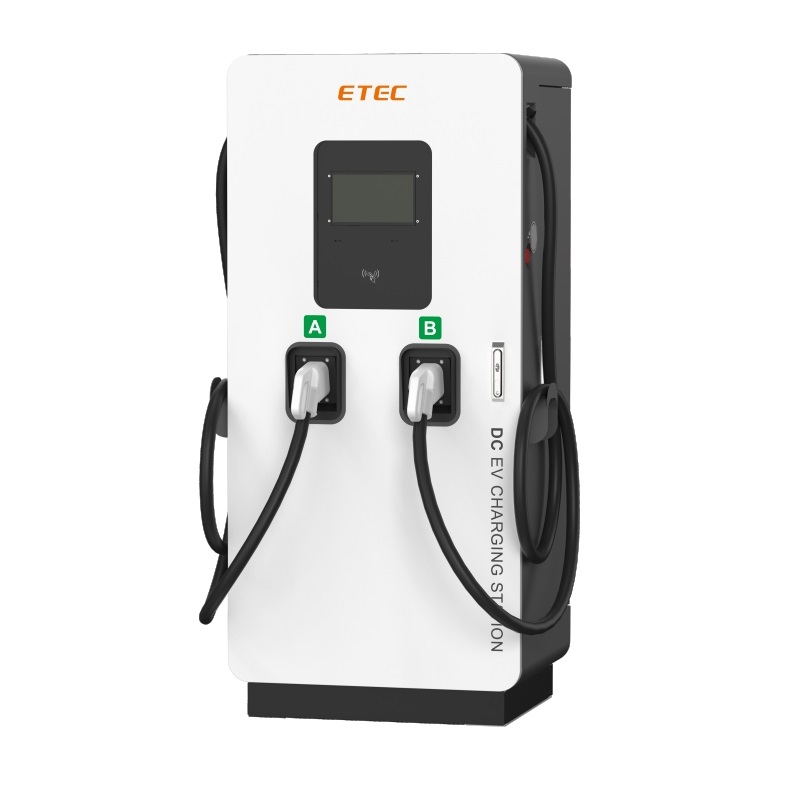How to choose the right RCBO for the charging pile? A comprehensive analysis of safety and performance. EKL5-63 is recommended.
With the popularization of electric vehicles, the safety issues of charging piles have received extensive attention. As the core protection device of charging equipment, the RCBO (Residual Current Circuit Breaker) combines the functions of overcurrent protection and leakage current protection, and it is the key to ensuring charging safety. This article will delve into the application of RCBO in charging piles to help you make a wise choice.
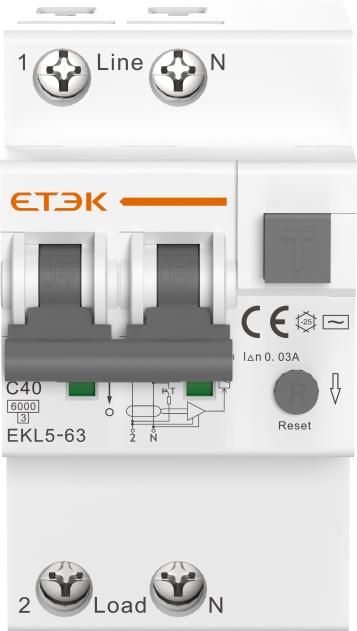
I. Why does a charging pile need an RCBO?
1.Dual protection mechanism
The RCBO can not only cut off the power supply in the event of circuit overload or short circuit (similar to an MCB circuit breaker), but also detect leakage current (similar to an RCD). Charging piles have high power (above 7kW) and long operation times, presenting a higher risk of electric leakage. The RCBO's rapid power-off capability at 30mA can prevent electric shock accidents.
30mA: This is the most commonly used protection level in homes and commercial buildings, and is suitable for socket protection in general residential environments, offices and commercial places.
2. Coping with complex environments
Outdoor charging piles may be exposed to humid and high - temperature environments, increasing the risk of circuit aging or insulation damage. The RCBO continuously monitors the current balance and promptly cuts off abnormal circuits.
II. Four Key Parameters for Selecting RCBO
1. Rated Current (In)
Calculation Formula: Rated Current (A) = EV Charger Power (kW) × 1000 / Voltage (V)
Example: 7kW home charger (single-phase 220V) = 32A, recommend 40A RCBO (20% margin).
Common Specs: 40A or 63A for single-phase; 63A for three-phase 11kW chargers.
2. Breaking Capacity (Icn)
EV chargers require ≥6kA breaking capacity to ensure safe short-circuit interruption.
3. Residual Operating Current (IΔn)
30mA: For single-phase chargers (personal protection).
100mA/300mA: For three-phase chargers (anti-nuisance tripping), must pair with 30mA RCD.

4.Type Selection
Type A or Type B RCBO: Can detect pulsating DC leakage current (e.g., onboard charger faults).
III. Precautions for Installation and Use
- Professional installation: Must be performed by certified electricians to ensure correct wiring (e.g., neutral wire must not be re-grounded).
- Compatibility testing: Some EV charger brands are sensitive to RCBOs—verify compatibility in advance (e.g., Tesla Wall Connector requires specific models).
- Monthly self-test: Press the "T" button on the RCBO monthly to verify trip functionality.

- Lightning protection: In lightning-prone areas, it is recommended to install SPD (Surge Protective Device) in conjunction with RCBO.
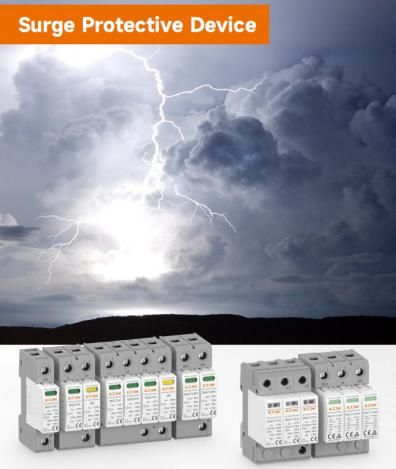
IV. Reasons for Choosing EKL5-63
- CB+CE certified, safe to use
- Operating temperature up to +55°C
- Cost-effective
- OEM service available
V. Frequently Asked Questions (FAQs)
Q: What's the difference between RCBO and "Circuit Breaker + RCD" combination?
A: RCBO saves space and costs less, but requires complete replacement when faulty; separate components offer flexible maintenance, suitable for high-maintenance scenarios.
Q: What to do if EV charger trips frequently?
A: May be caused by wrong RCBO type (e.g. oversensitive) or poor wire insulation. Recommend using clamp meter to check leakage current.
Conclusion
Selecting the right RCBO is fundamental for safe EV charger operation. Always consider power rating, environment, and regulations, and prioritize TUV/CE certified products. With advancing technology, smart RCBOs will deliver more comprehensive protection.
Tip: Consult your EV charger manufacturer or a licensed electrician before purchase to ensure device compatibility and compliance. Safety is paramount - investing in reliable RCBOs provides long-term protection for lives and property.


